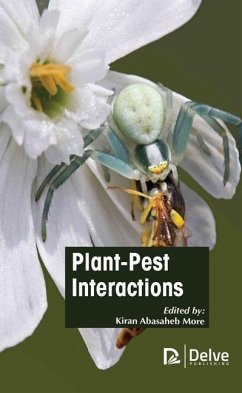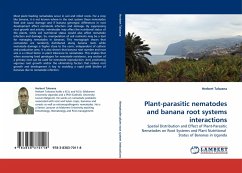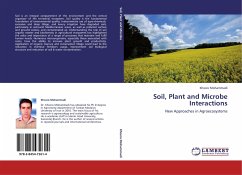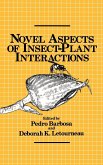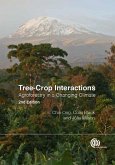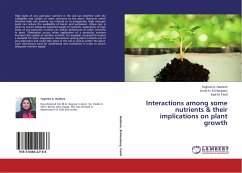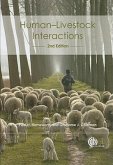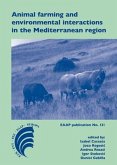Pests and plant interaction is a dynamic system, which is beyond our Imaginations and thoughts in the universe. Plants and insects are highly diverse groups due to their ability to exploit a wide range of niches, from the desert to the arctic zone and also almost all the plant species growing on the planet. Plants and insects make up together approximately half of all known species of multicellular organisms. Each plant interacts with insects in a different manner; insects may act as protection, dispersers, or fertilizers for plants while plants may be a food/energy resource or nest location for insects. In an environment with changing availability and quality of host plants, phytophagous insects are under selection pressure to find quality hosts. They need to maximize their fitness by locating suitable plants and avoiding unsuitable ones. Thus, they have evolved a finely tuned sensory system, for detection of host cues, and a nervous system, capable of integrating inputs from sensory neurons with a high level of spatio-temporal resolution. Insect responses to cues are not fixed but depend on the context in which they are perceived, the physiological state of the insect, and prior learning experiences. However, there are examples of insects making 'mistakes' and being attracted to poor quality hosts. While insects have evolved ways of finding hosts, plants have been under selection pressure to do precisely the opposite and evade detection or defend themselves when attacked. Once on the plant, insect-associated molecules may trigger or suppress defence depending on whether the plant or the insect is ahead in evolutionary terms. Plant volatile emission is influenced by defence responses induced by insect feeding or oviposition which can attract natural enemies but repel herbivores. Conversely, plant reproductive fitness is increased by attraction of pollinators. Interactions can be altered by other organisms associated with the plant such as other insects, plant pathogens, or mycorrhizal fungi. Plant phenotype is plastic and can be changed by epigenetic factors in adaptation to periods of biotic stress. Space and time play crucial roles in influencing the outcome of interactions between insects and plants. This book has been designed to suit the knowledge and pursuit of the researcher and scholars and to empower them with various aspects of plant-pest interactions, so that they are updated with the information. I hope that the readers find the book explanatory and insightful and that this book is referred by the scholars across various fields.
Hinweis: Dieser Artikel kann nur an eine deutsche Lieferadresse ausgeliefert werden.
Hinweis: Dieser Artikel kann nur an eine deutsche Lieferadresse ausgeliefert werden.

